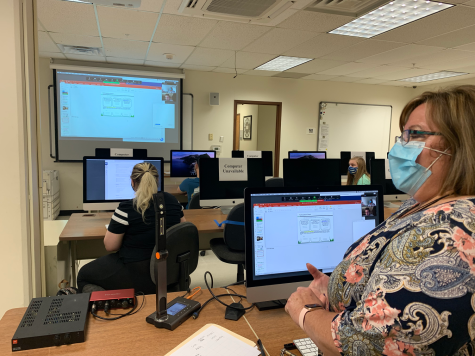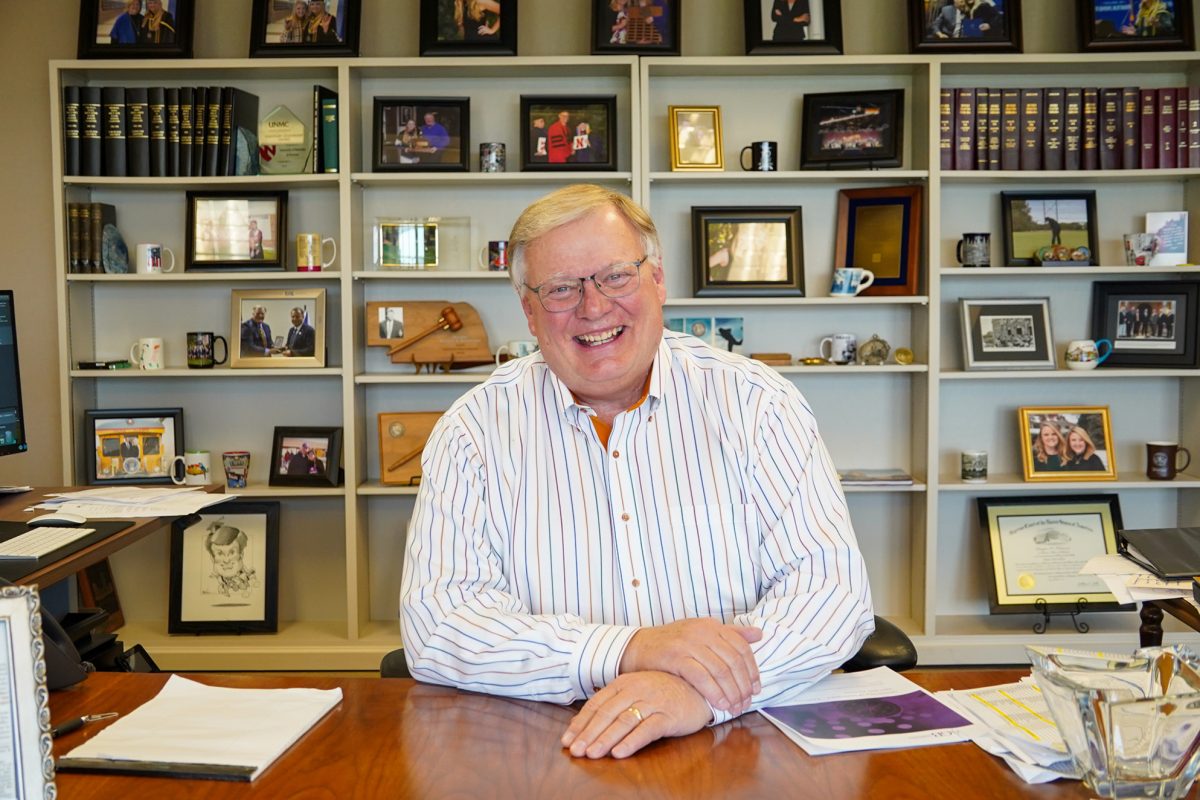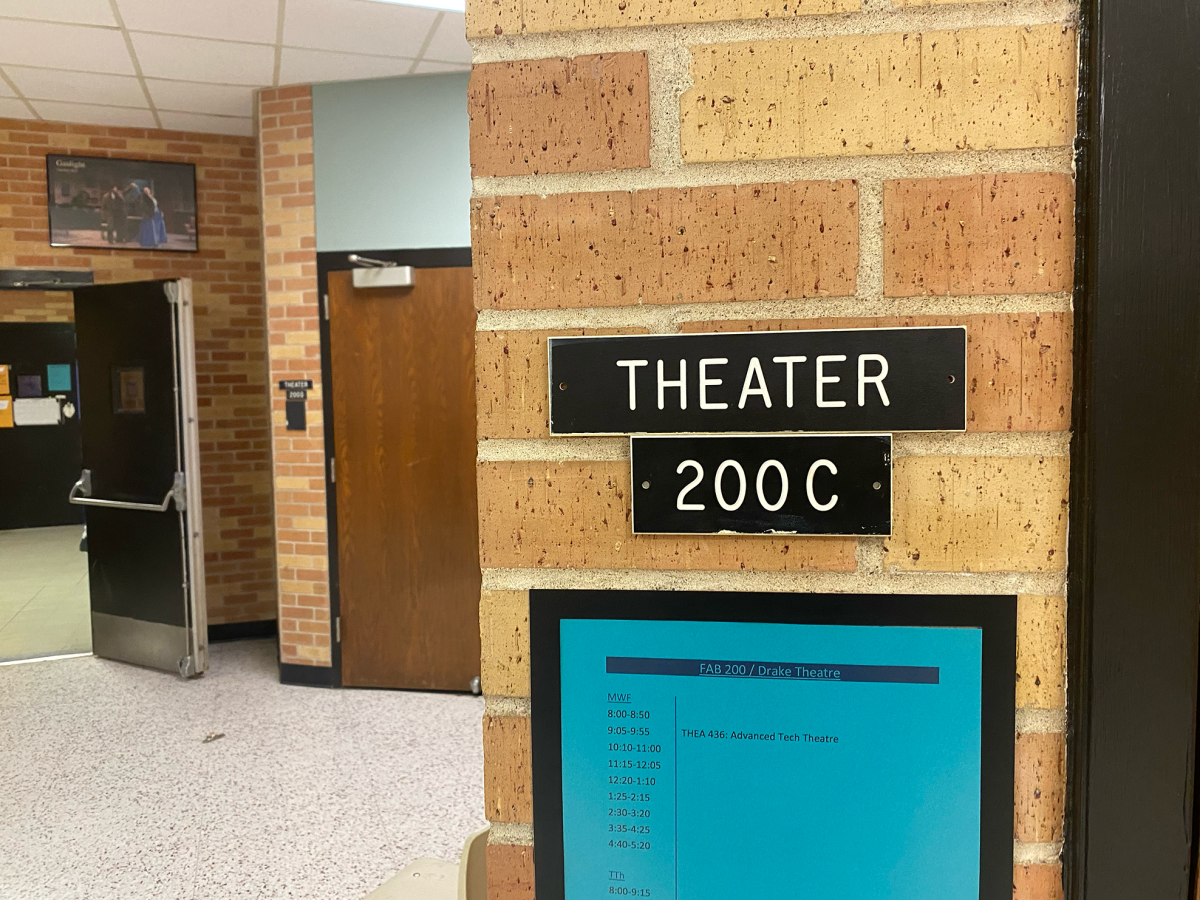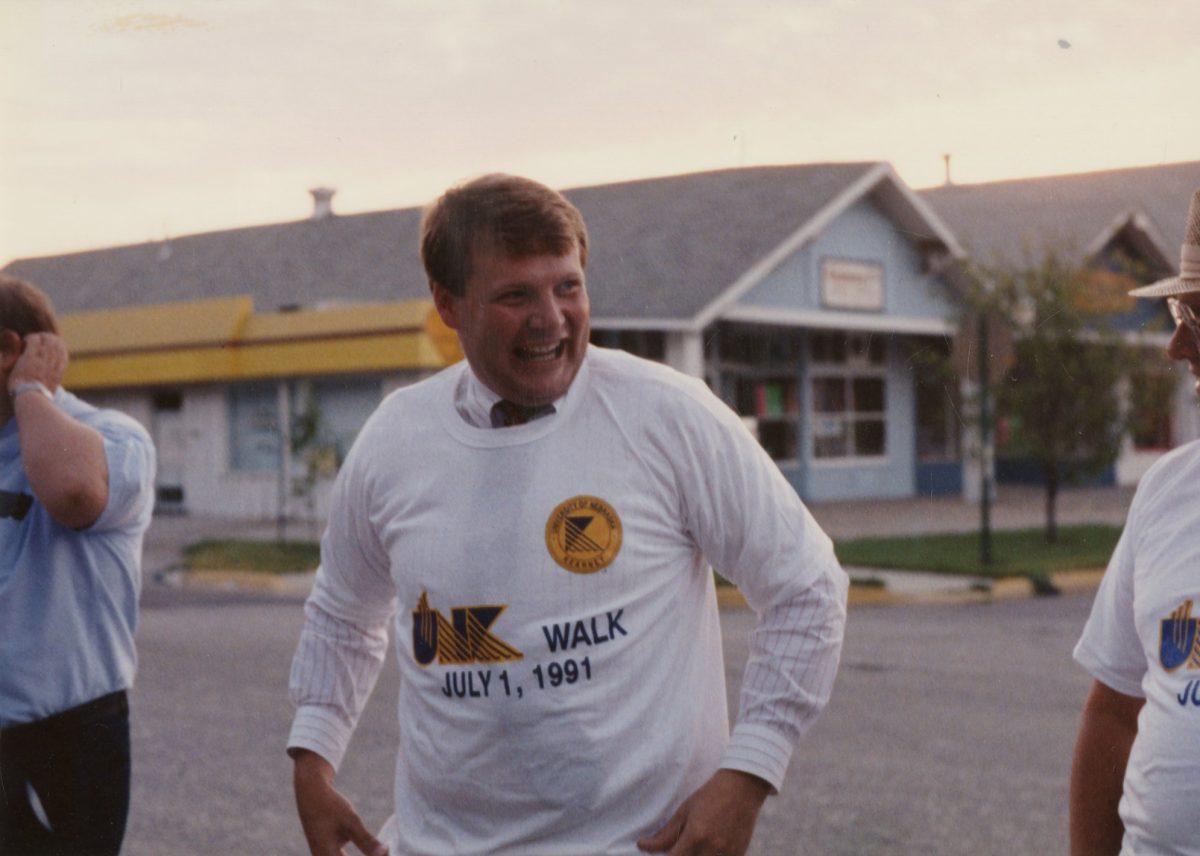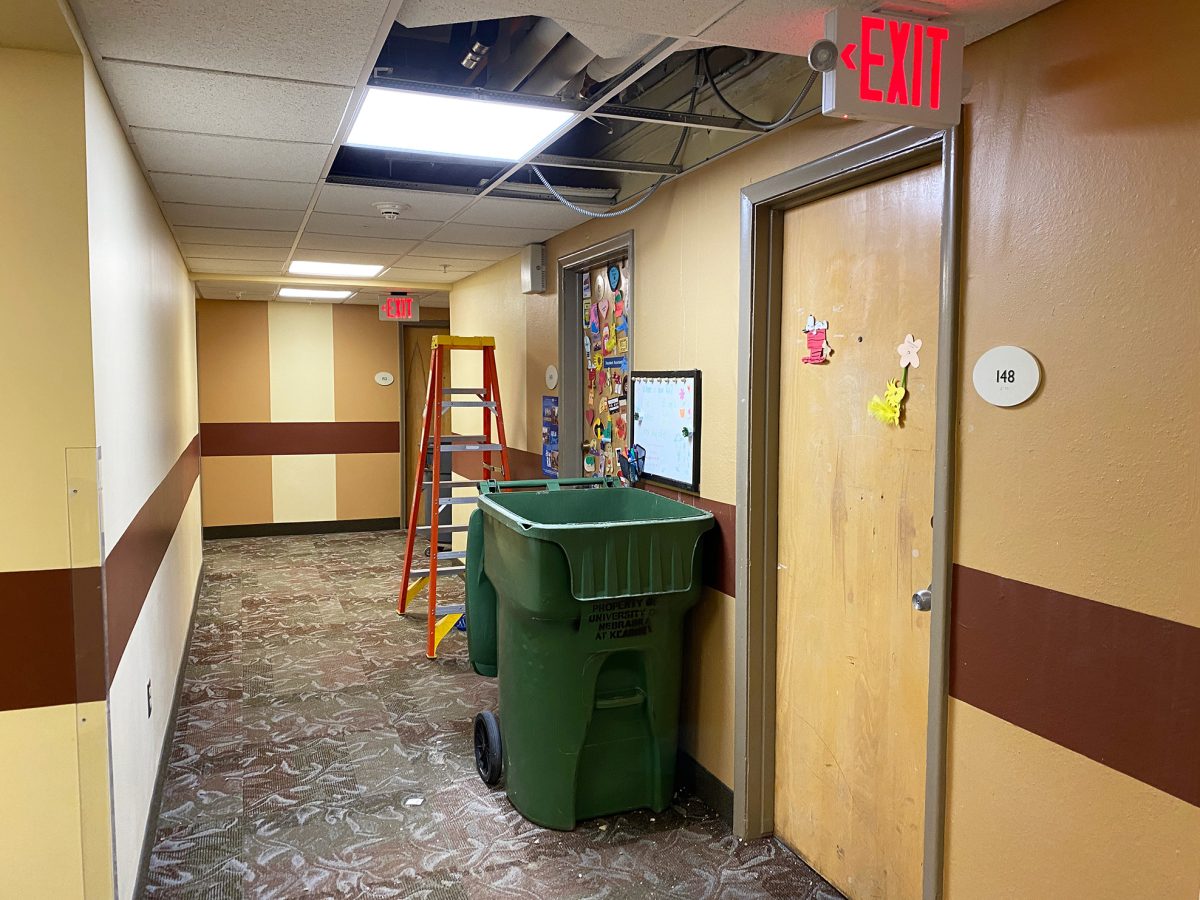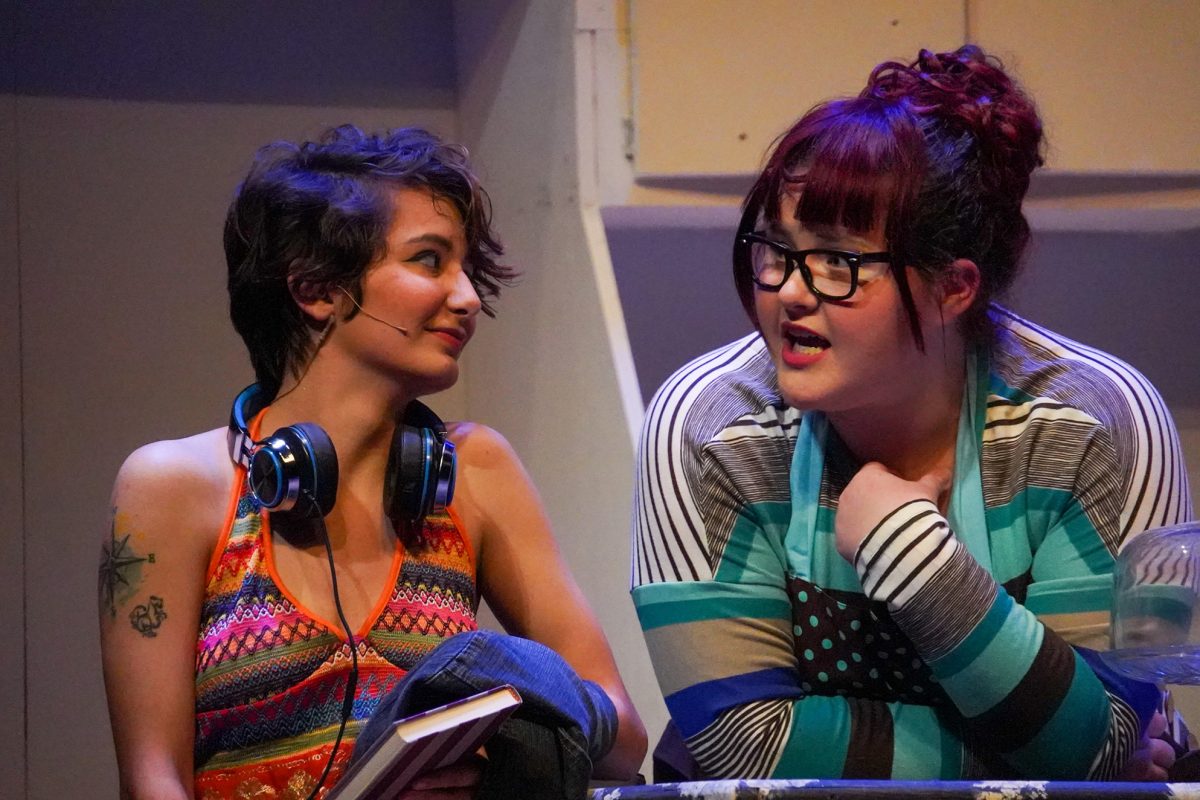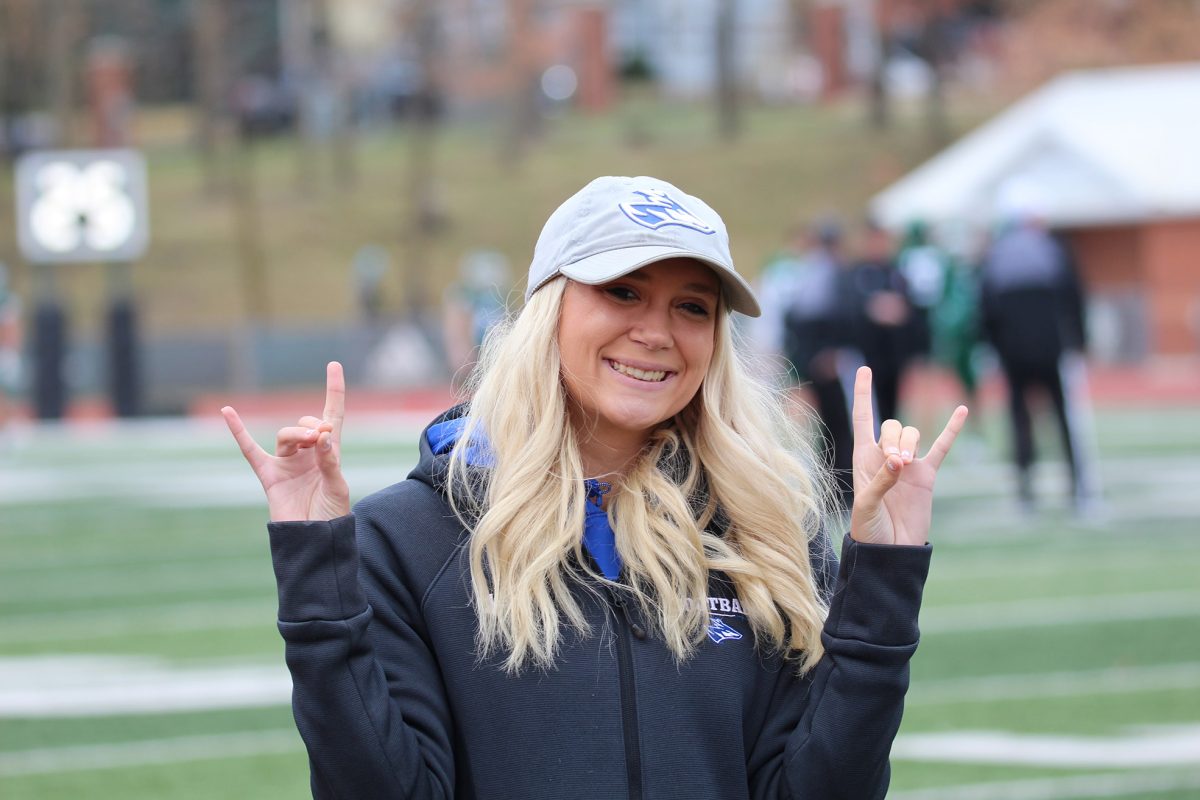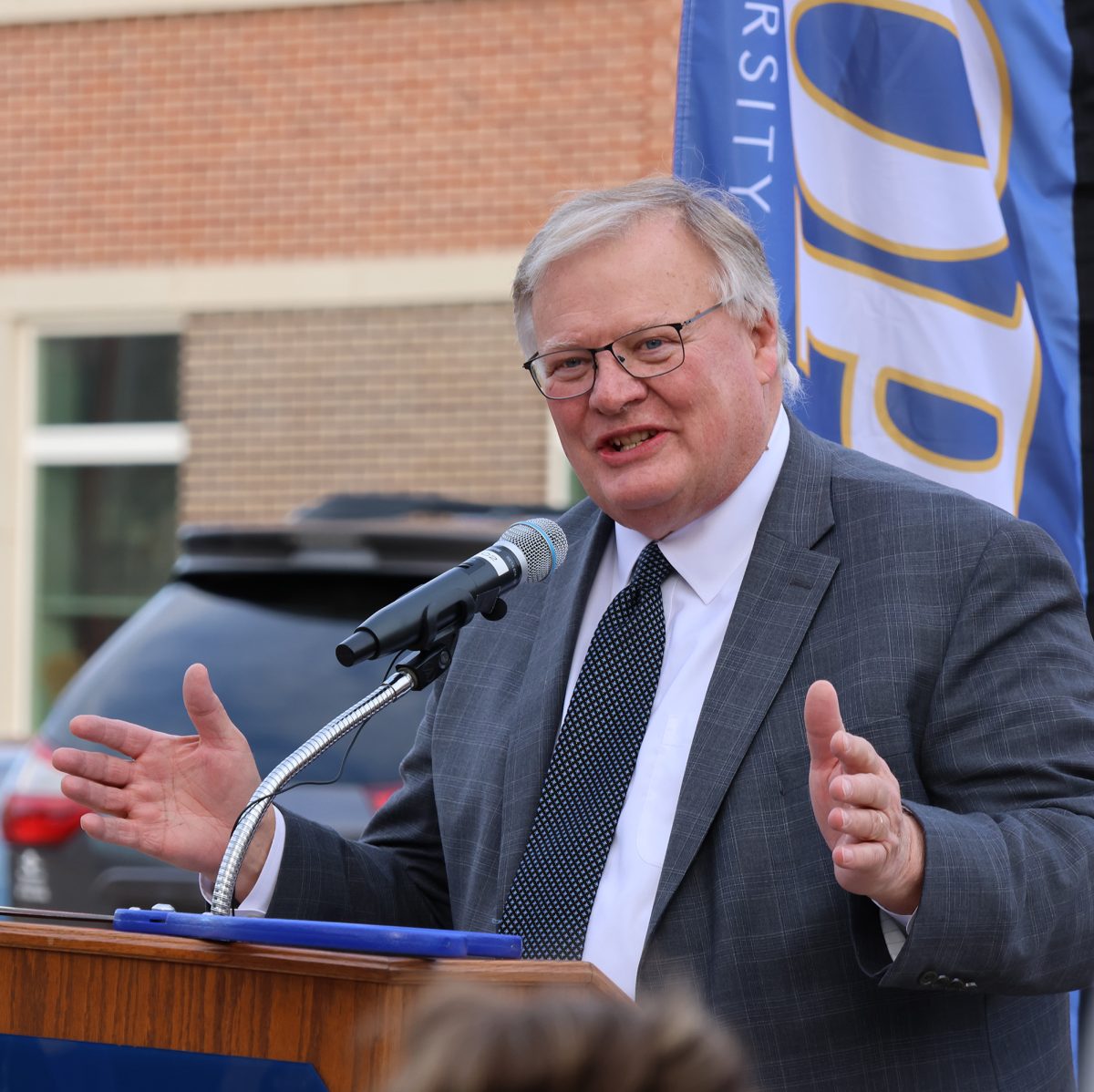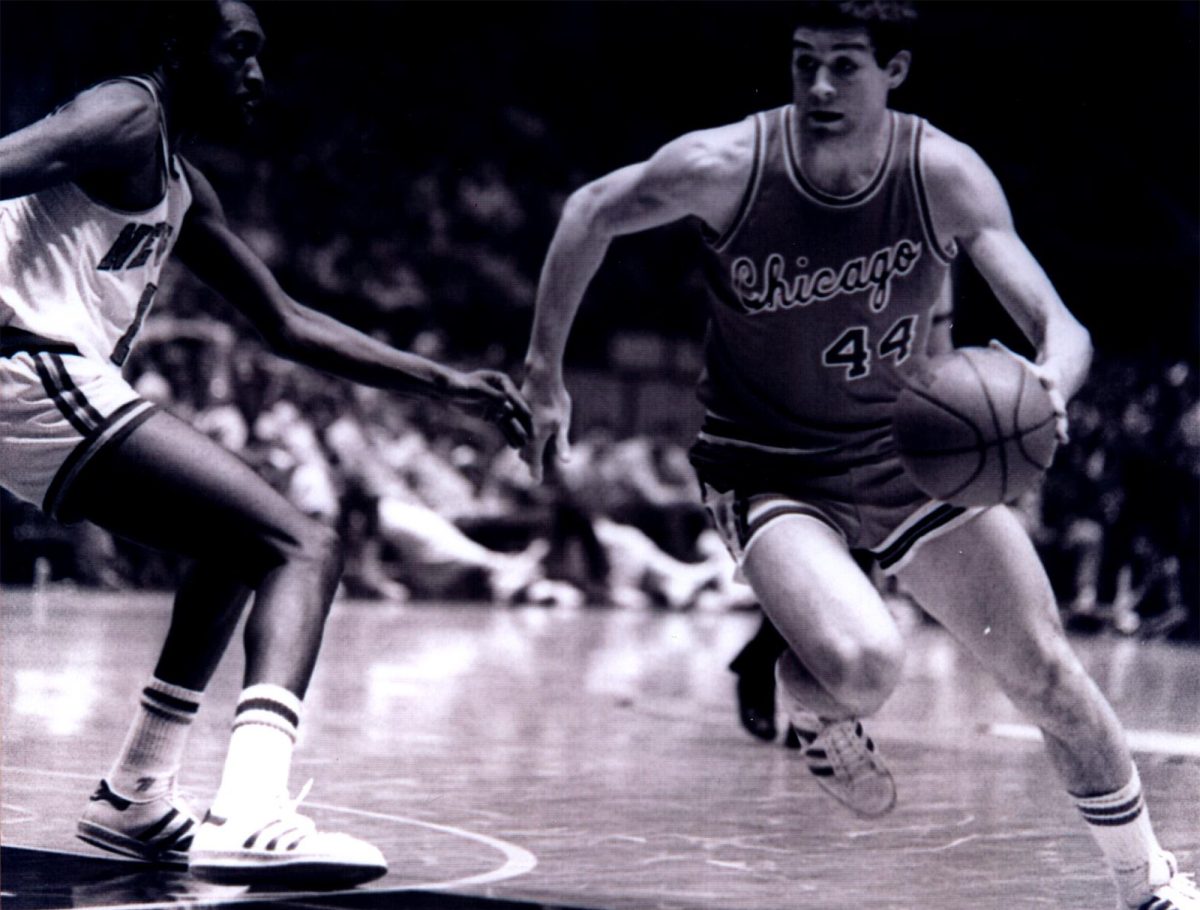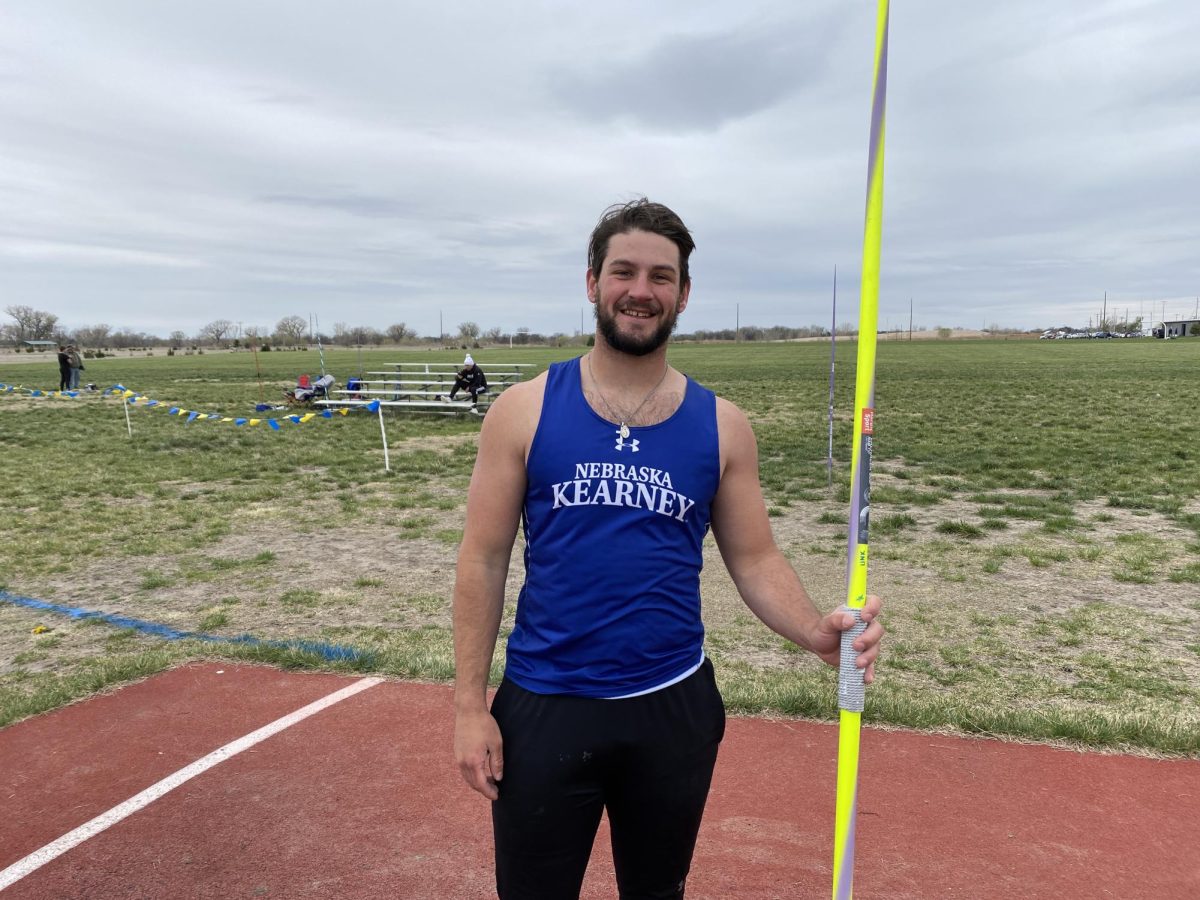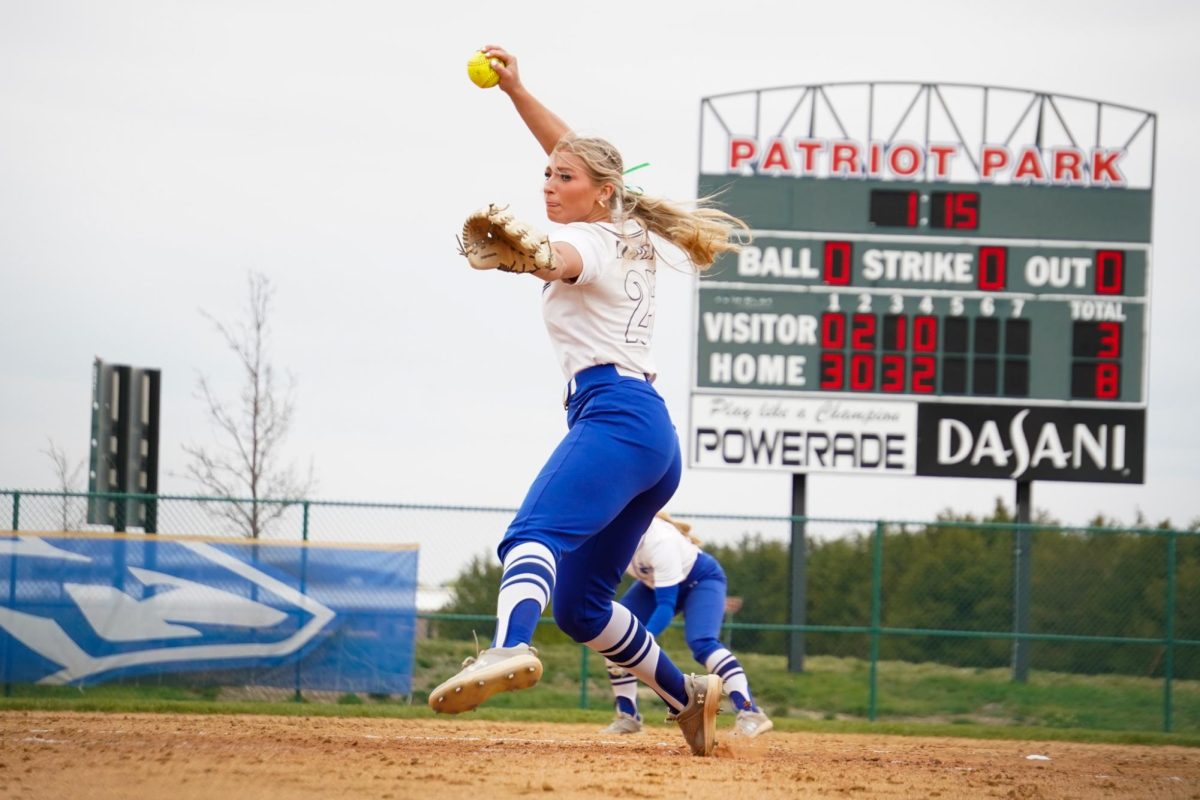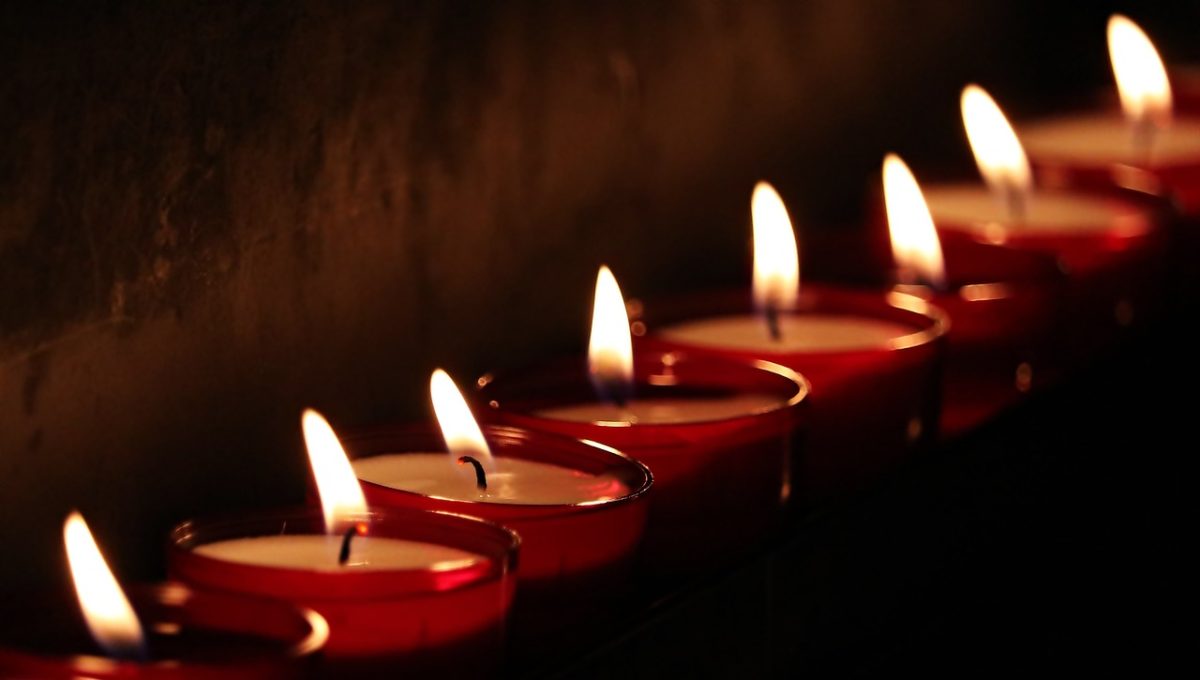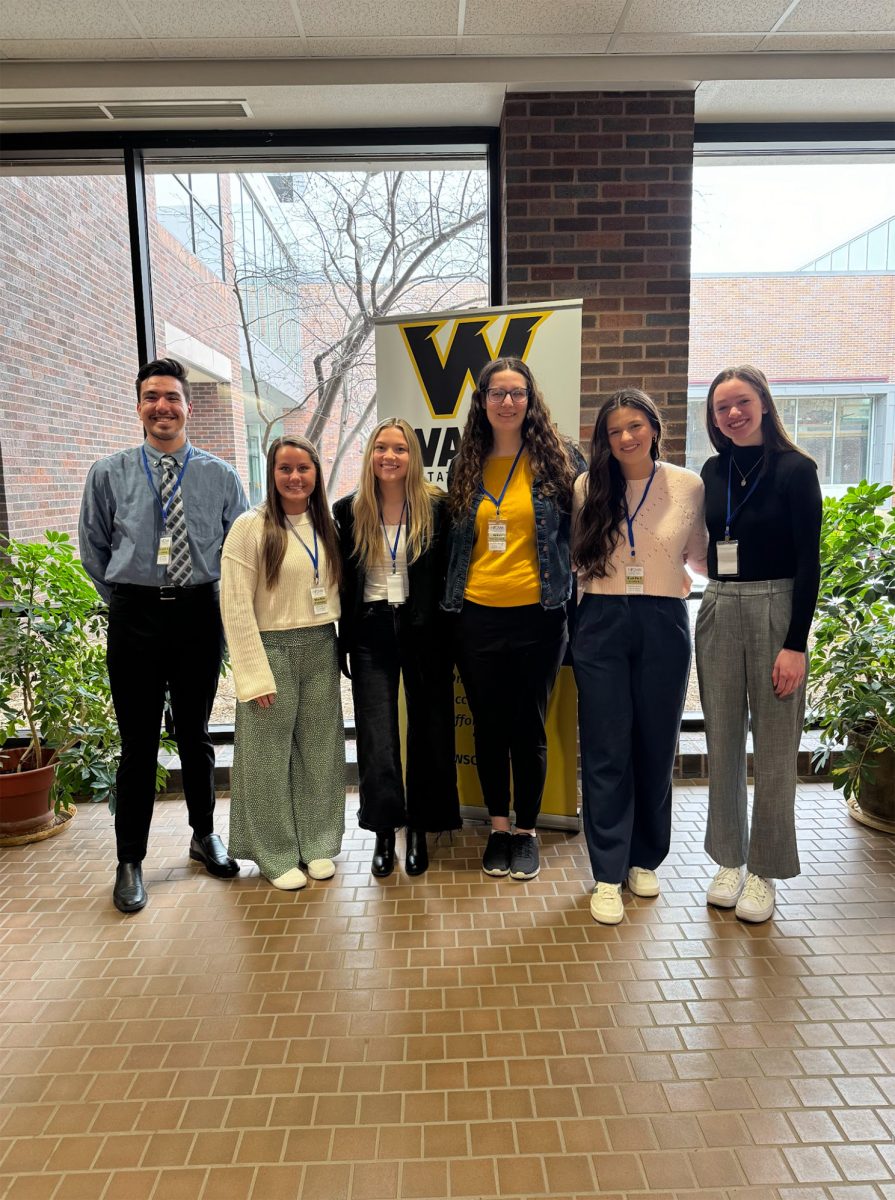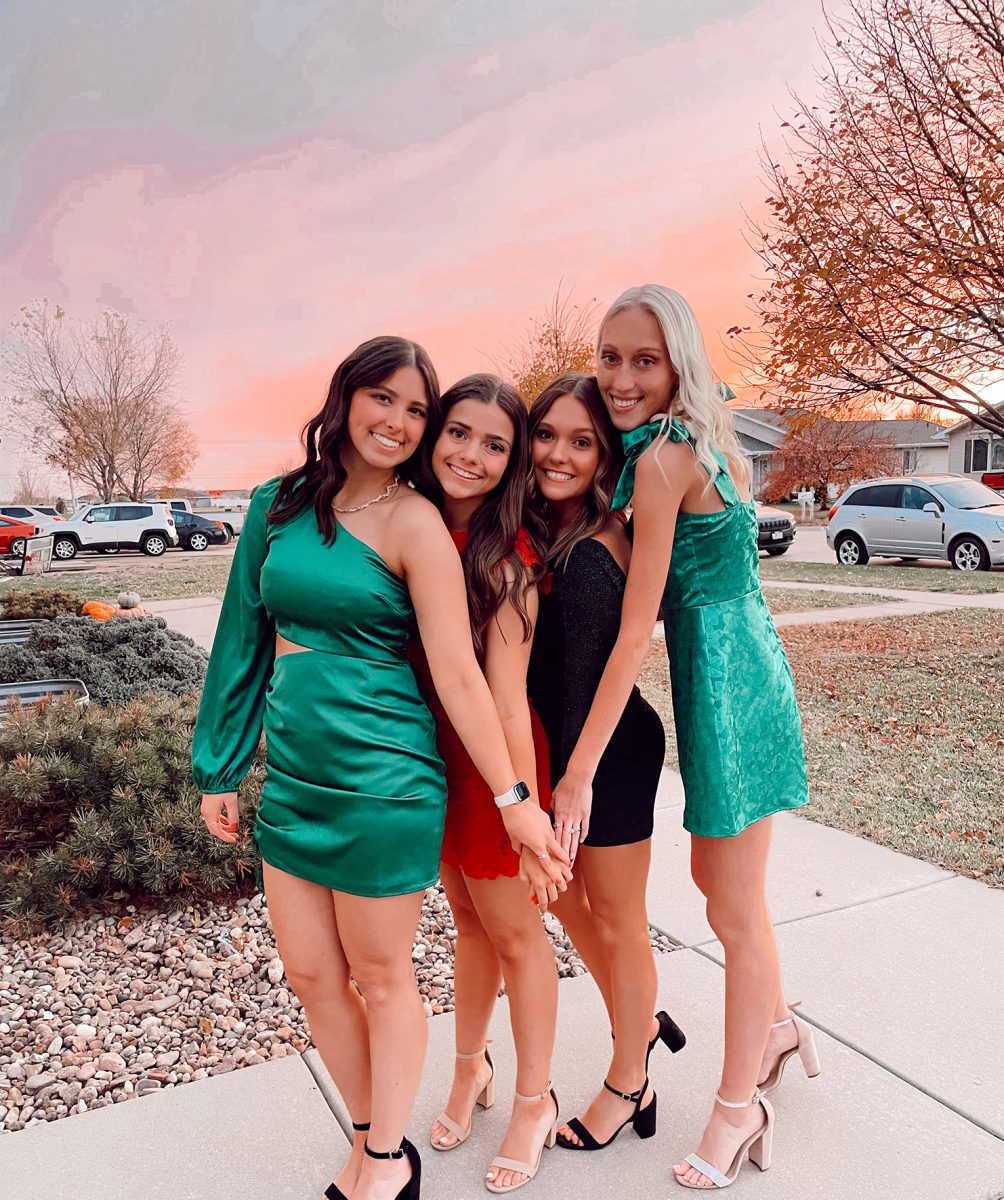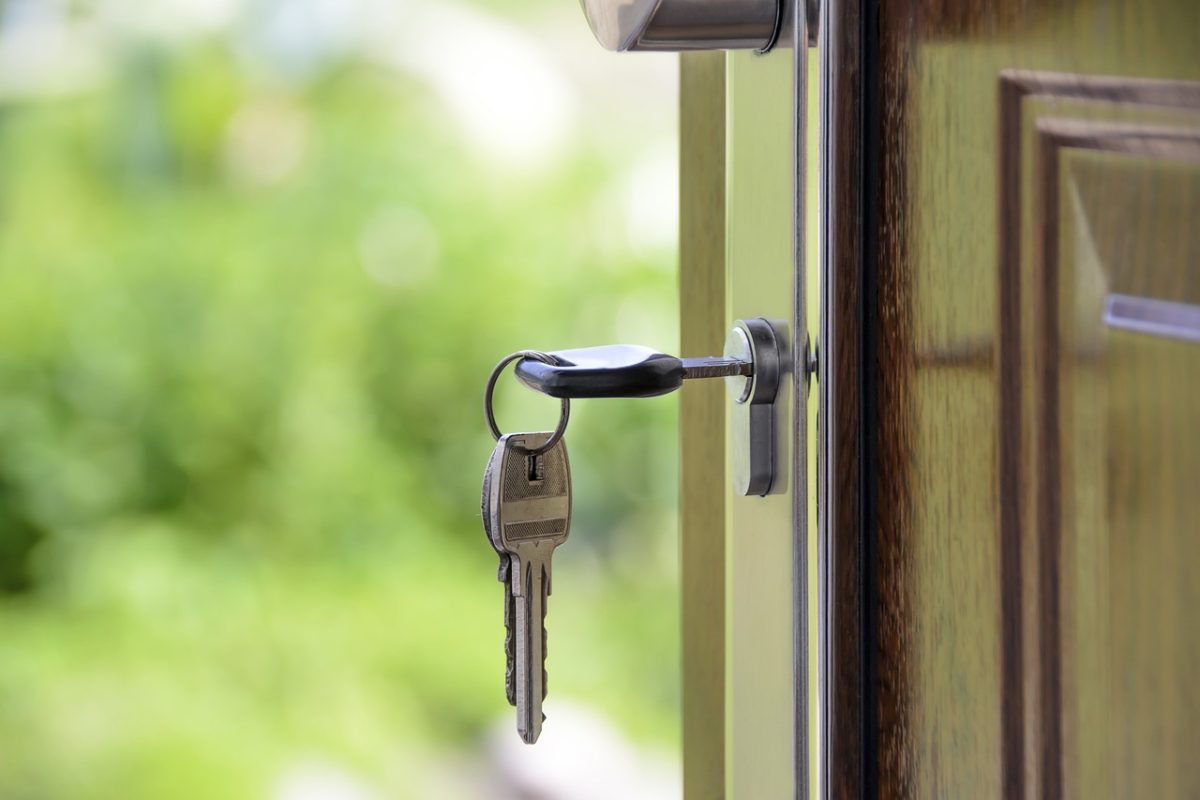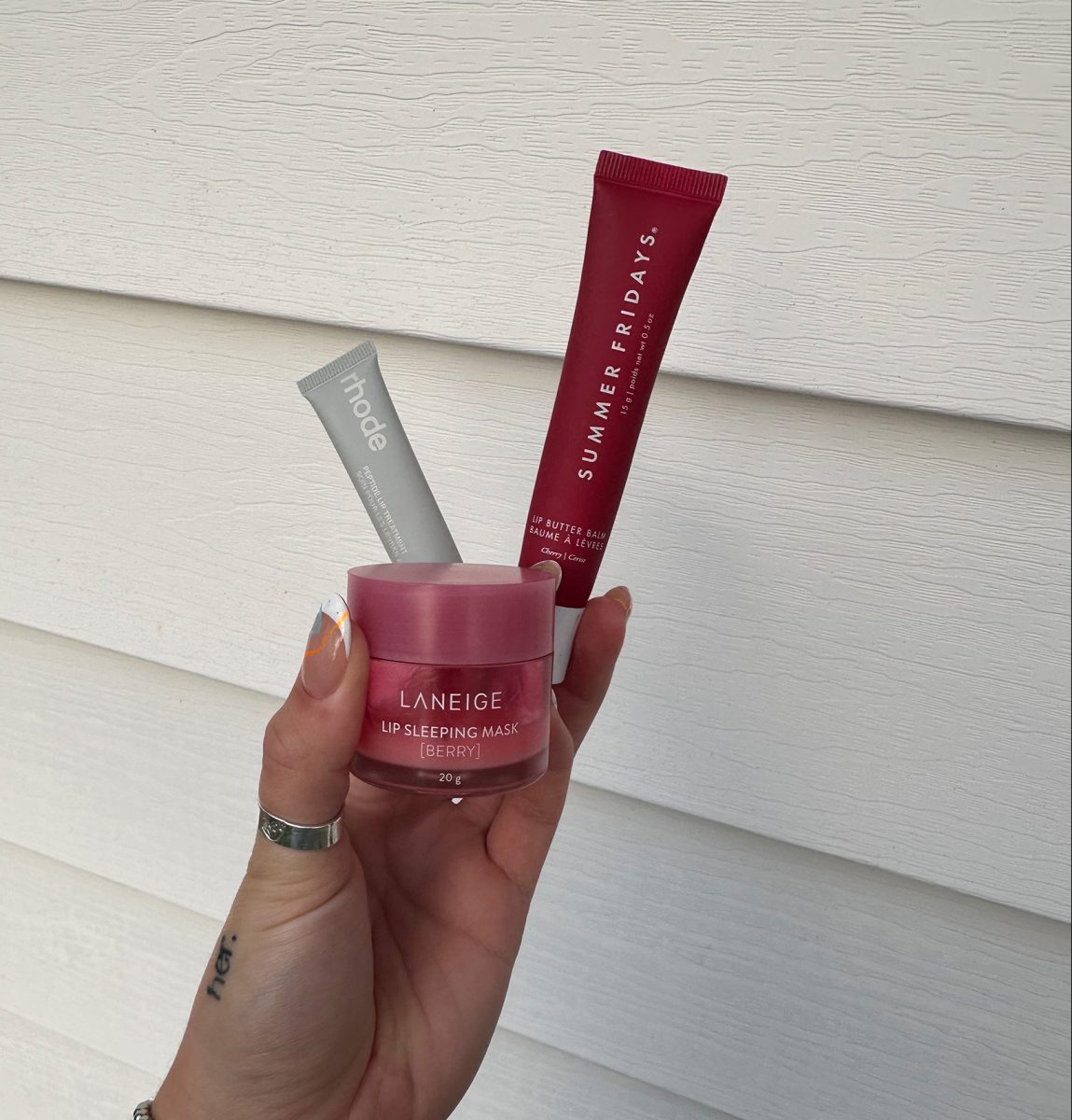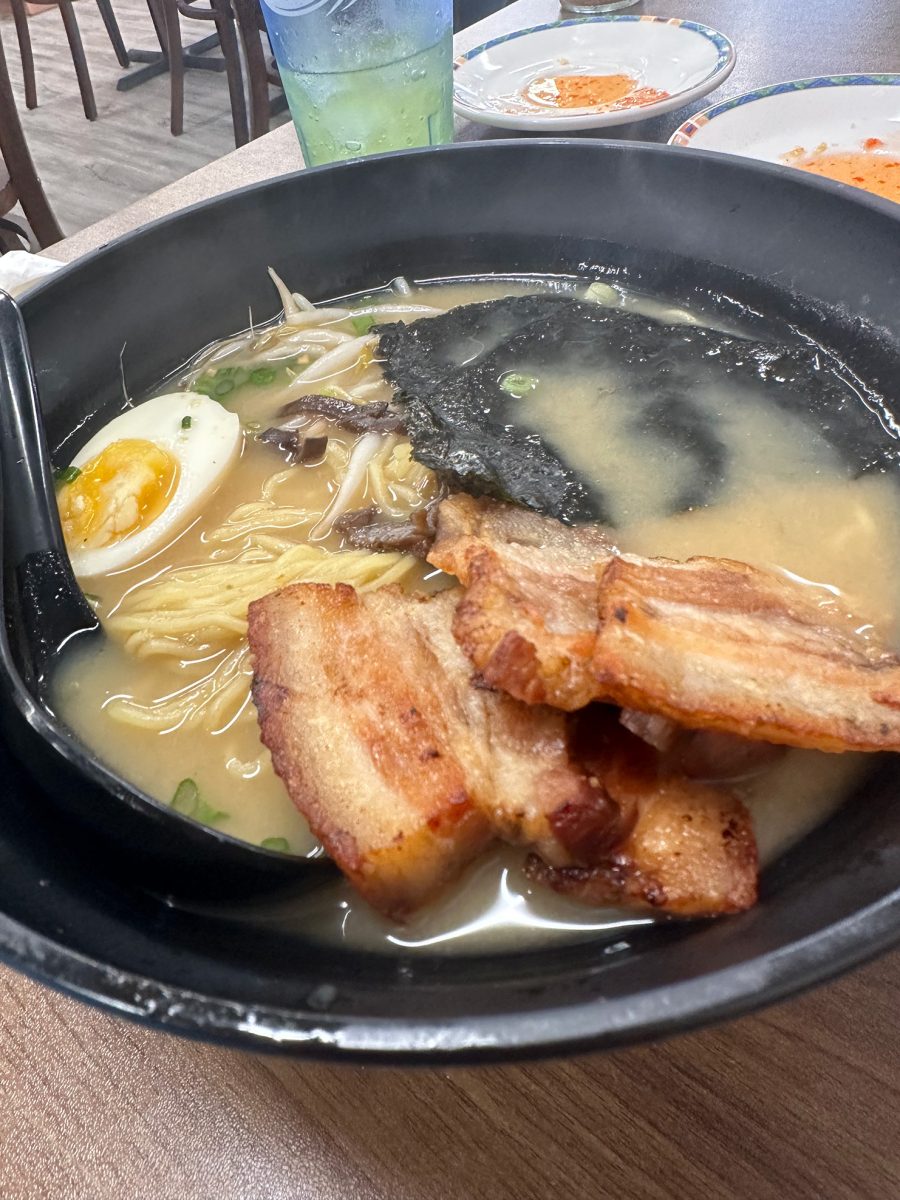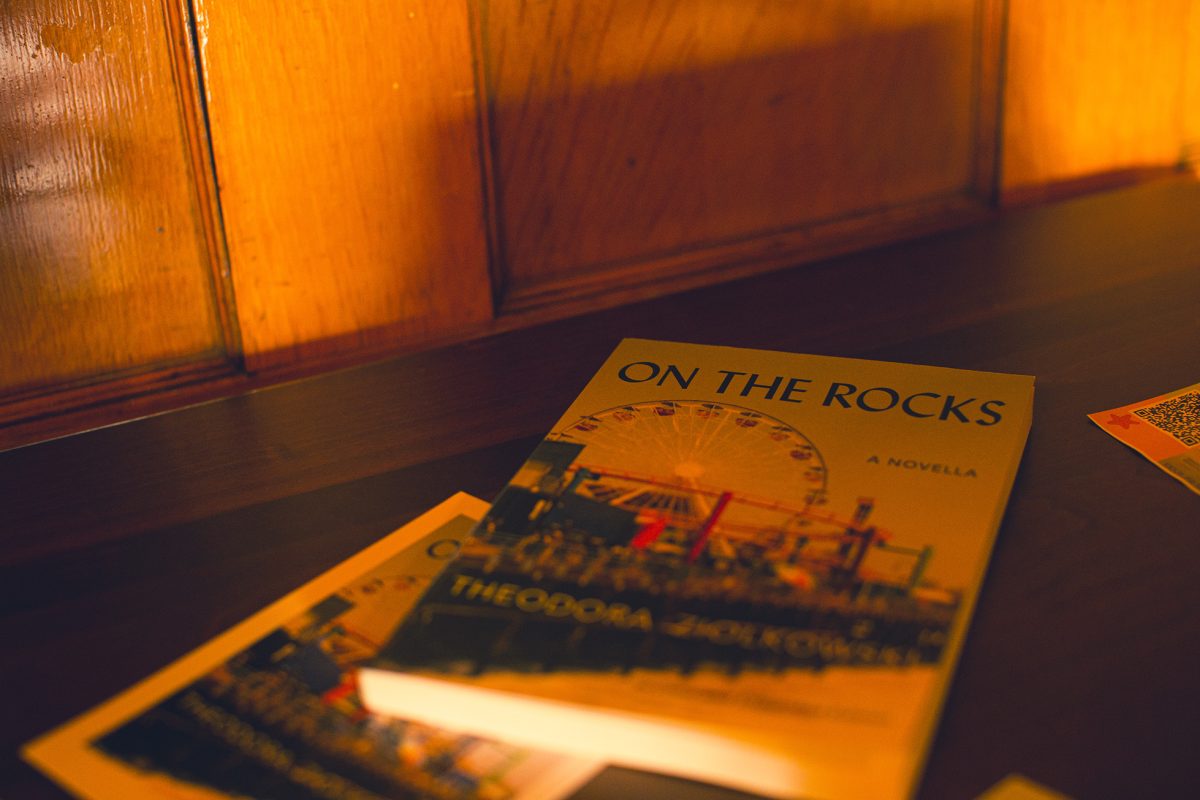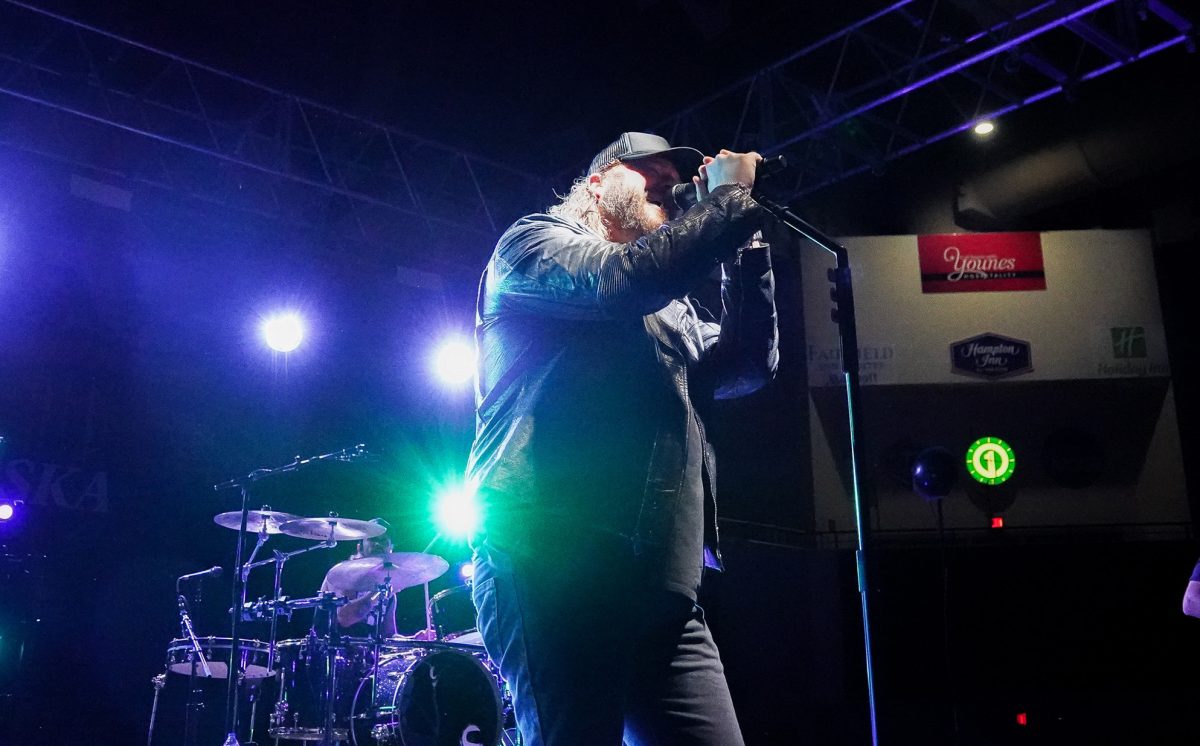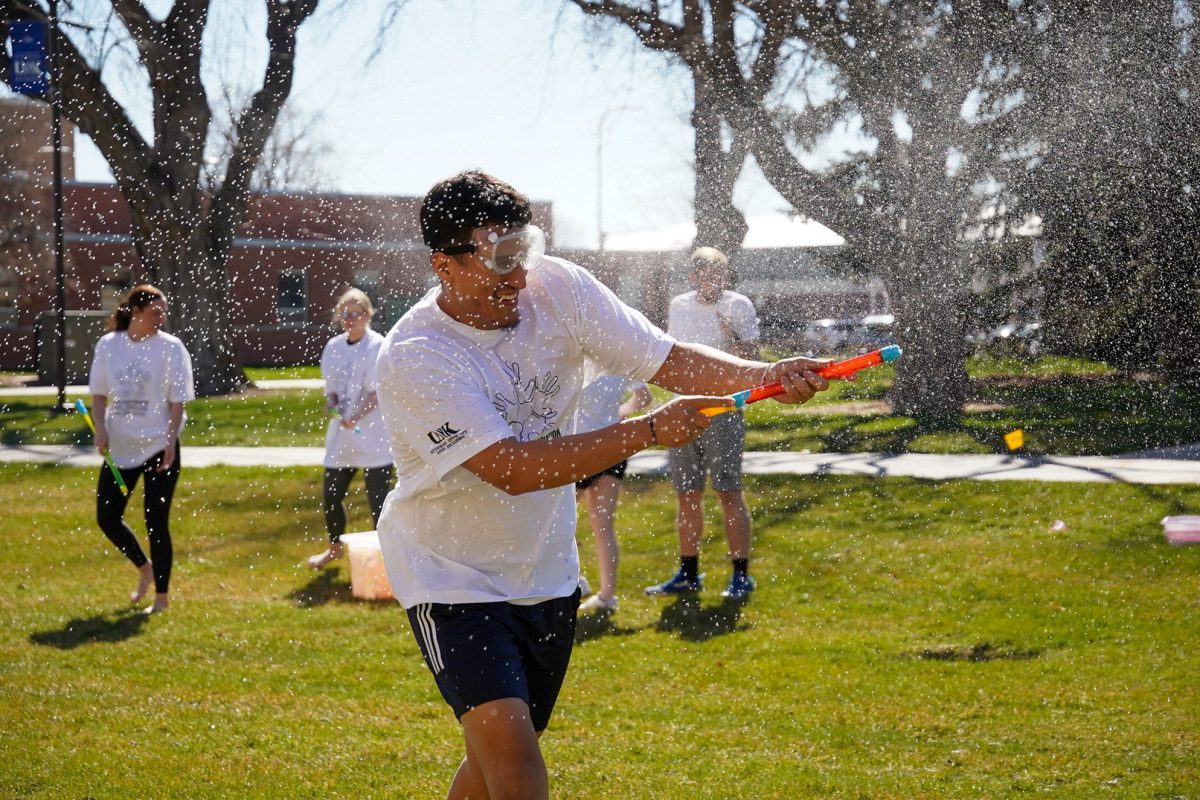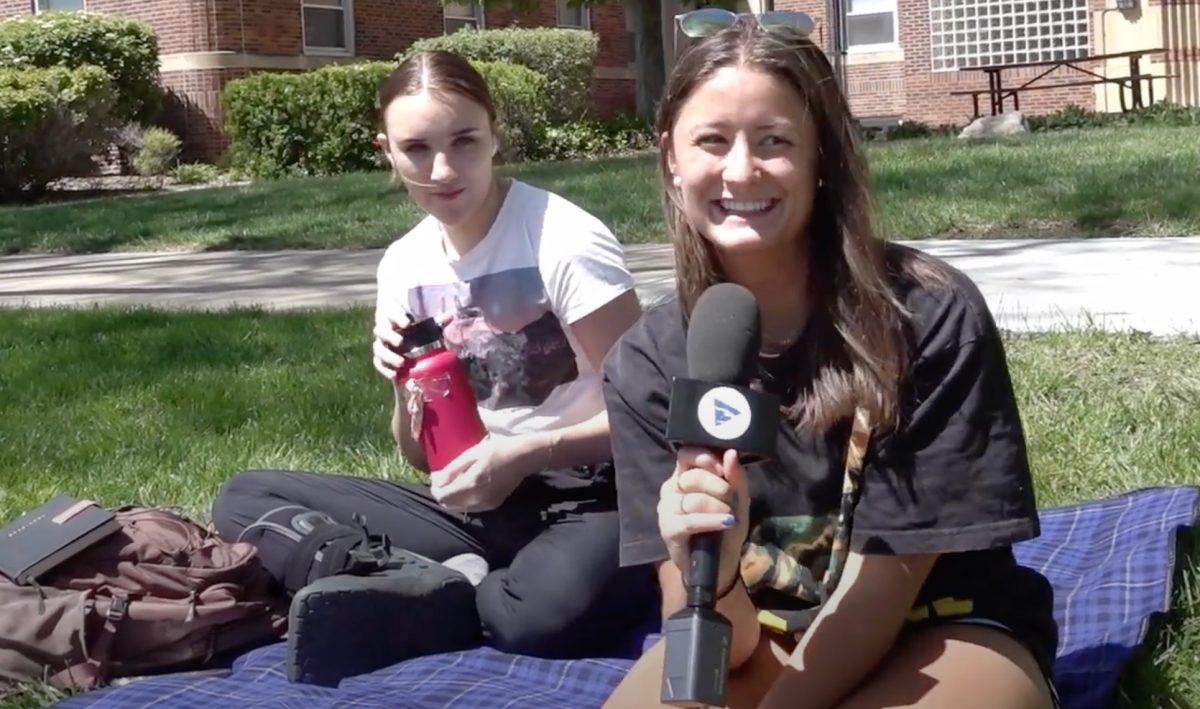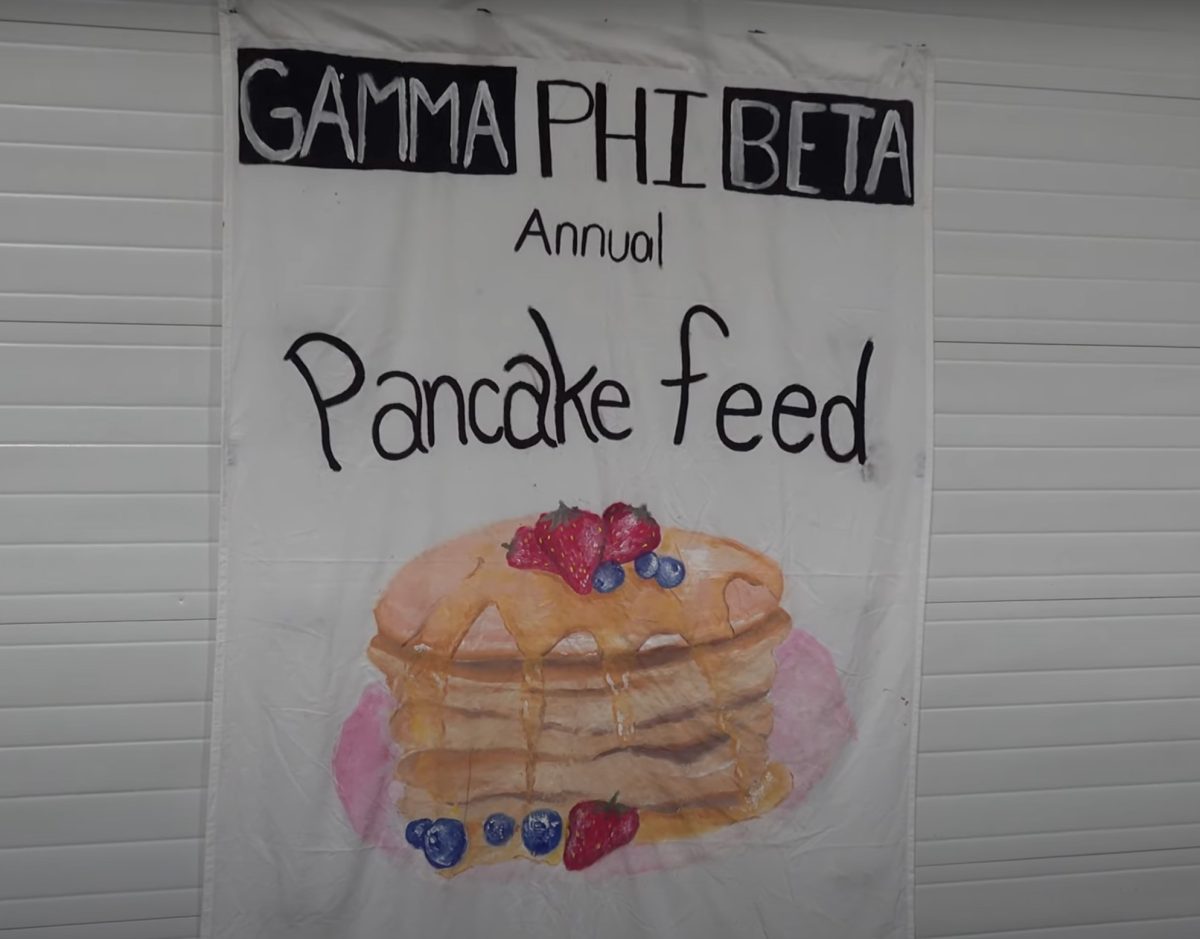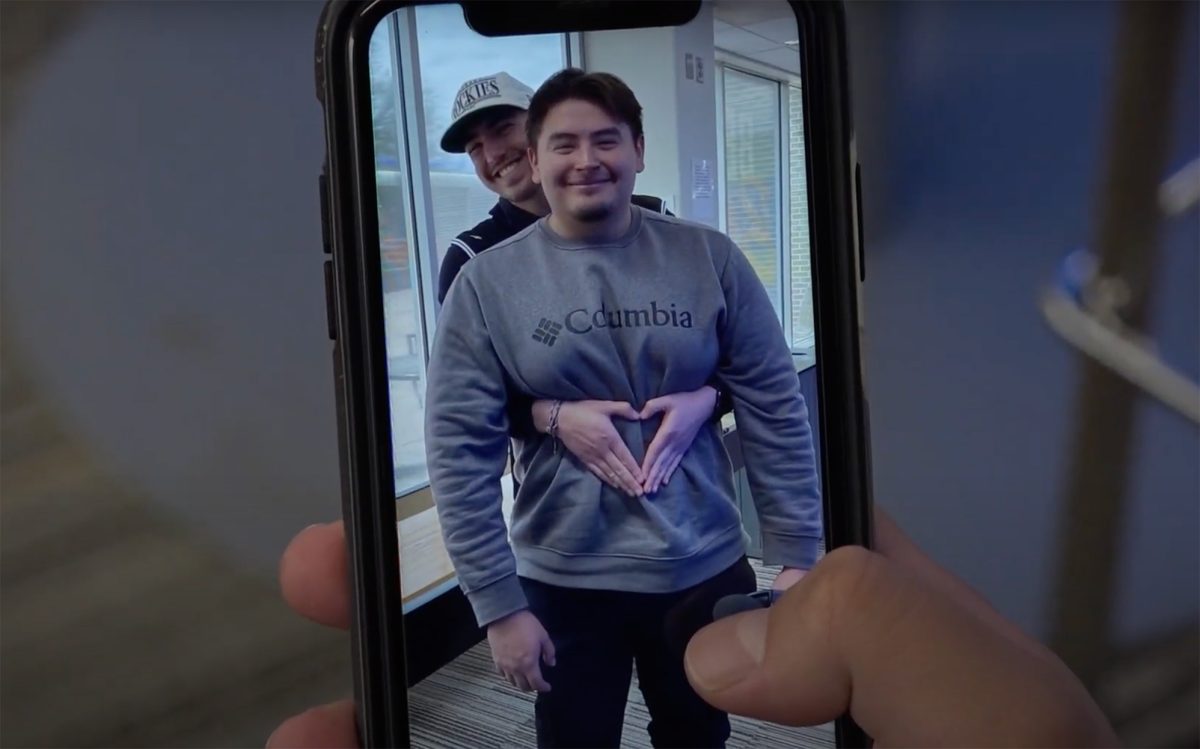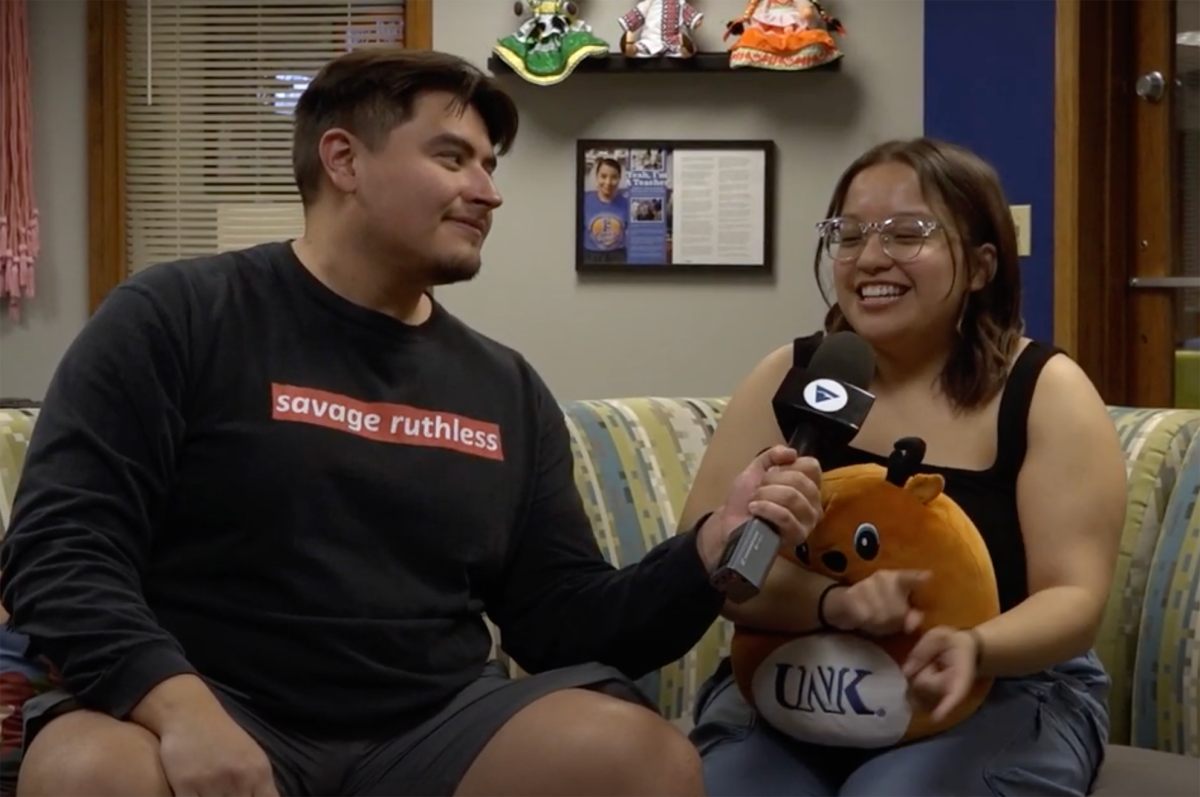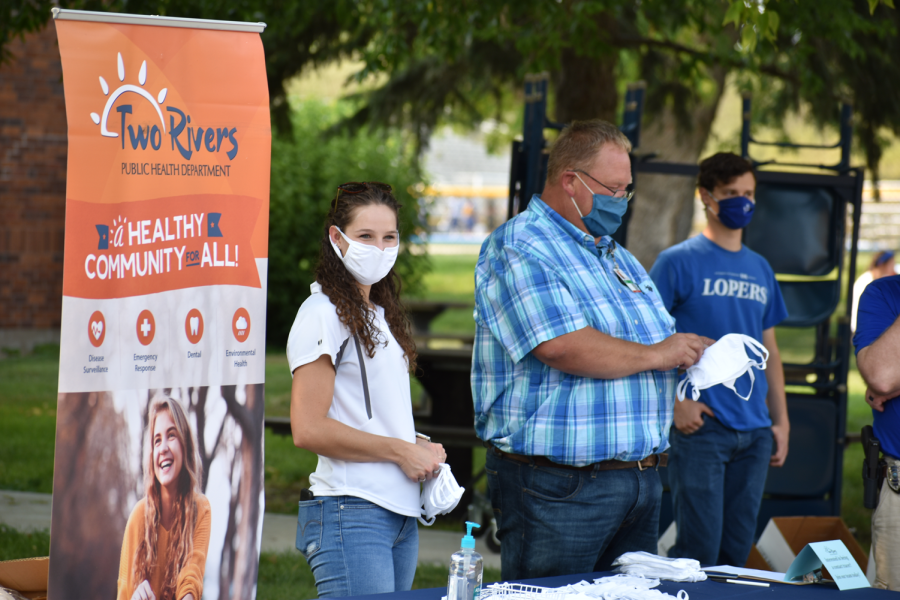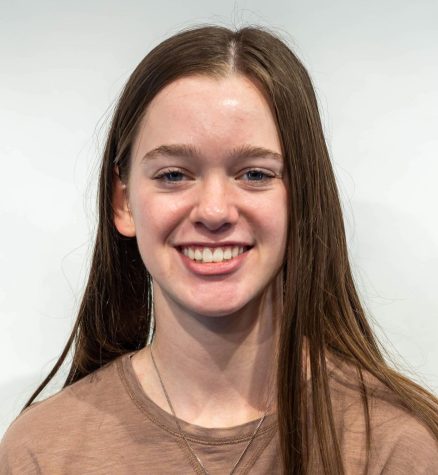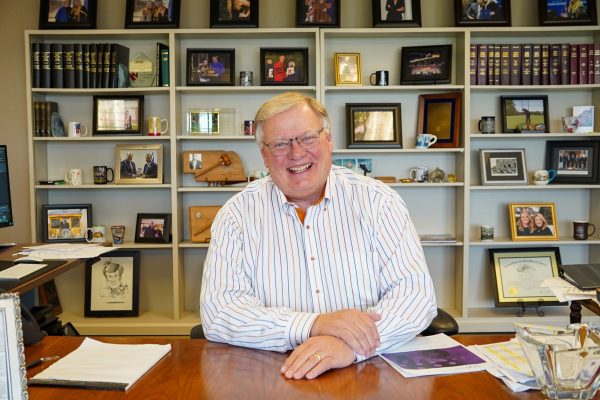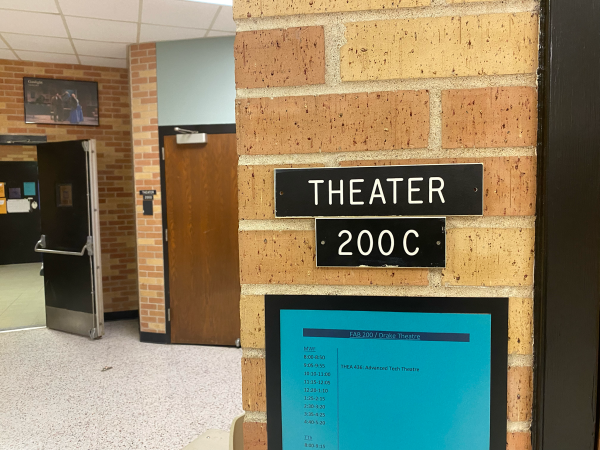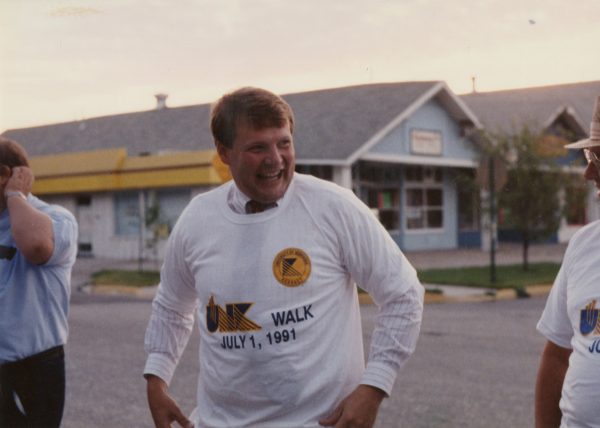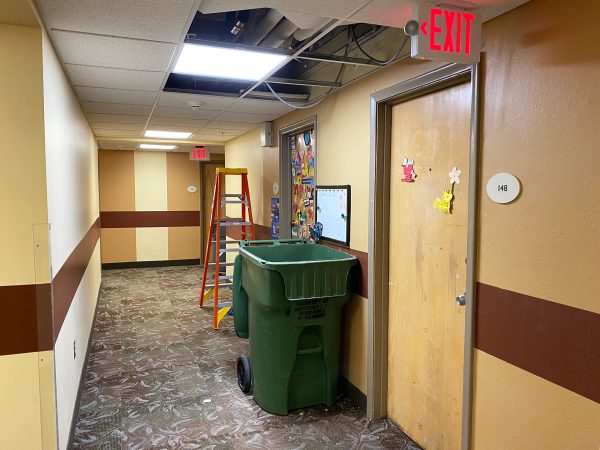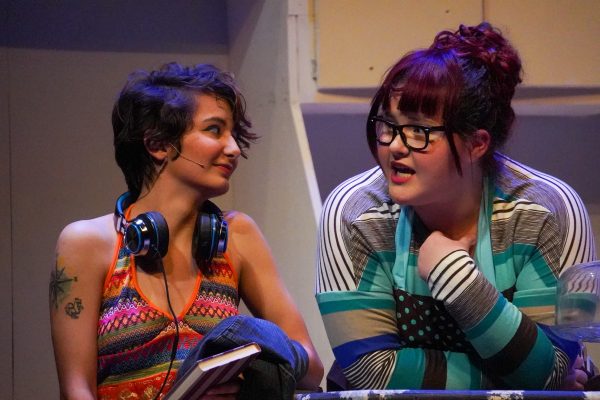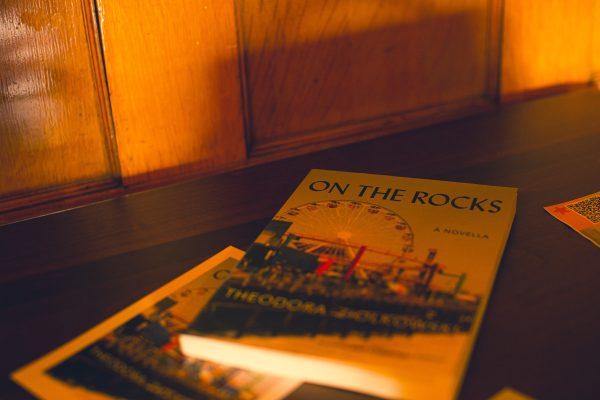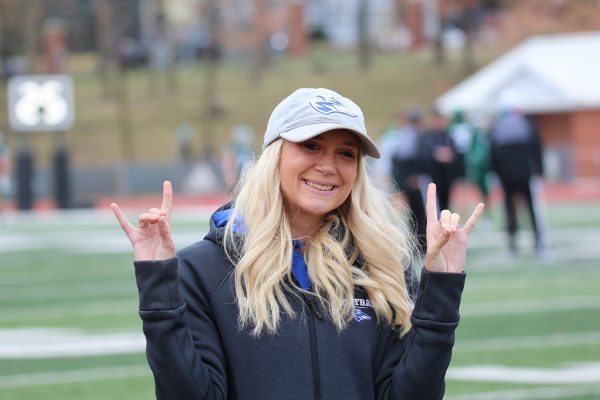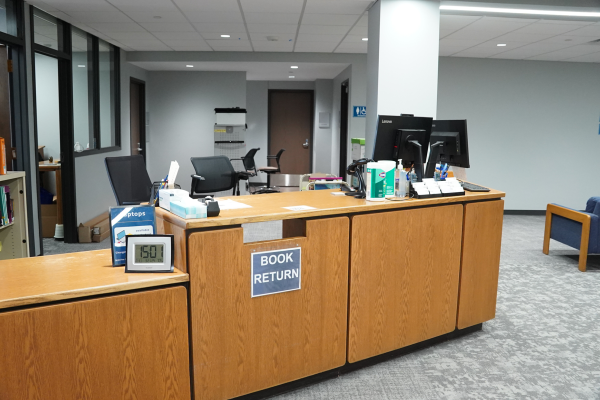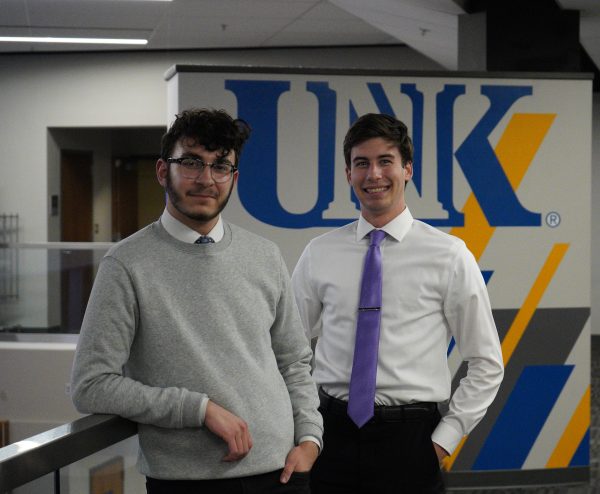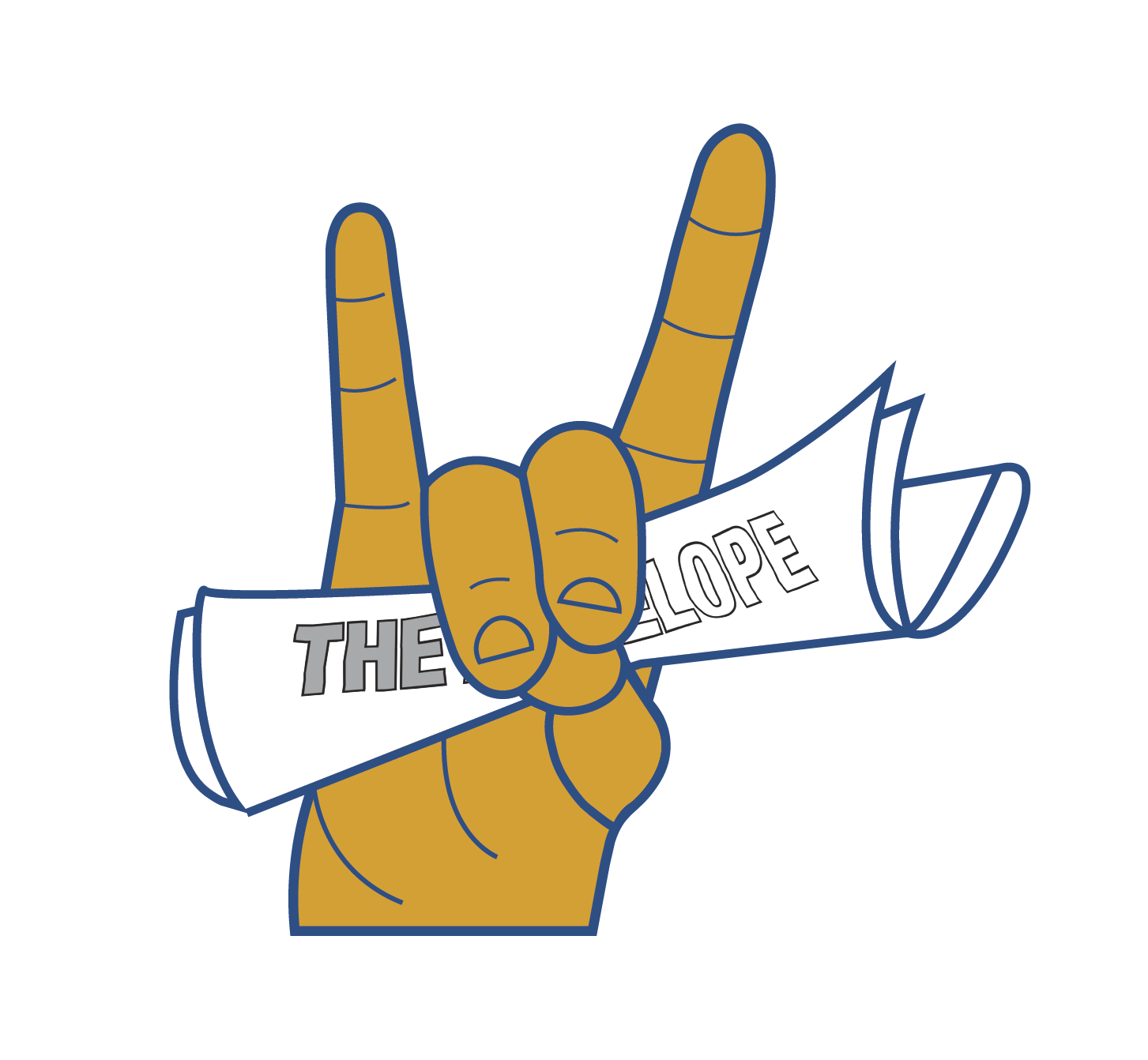COVID-19: Impact on campus, increase in healthcare interest
Two Rivers Public Health Department runs a booth at the Blue and Gold Showcase in 2020. Antelope Archive
May 17, 2023
Three years have passed since the spread of COVID-19 created a national emergency and shut down many parts of the world. In March 2020, UNK officials had to ask themselves if they could still serve the students’ needs off campus.
To prevent the spread of the unfamiliar disease, students were sent home to complete the semester online.
“If you look at our strategic plan, the first line is people matter,” said John Falconer, senior adviser to the chancellor. “And so we always think about that. What’s in the best interest of our people and what’s in the best interest of our students, and getting everyone sick is not in their best interest.”
In the fall of 2020, UNK made a plan for the mitigation of contagious diseases. Policies were adopted, like using face masks, and structural changes were made such as including increasing spacing in classrooms to prevent the spread of disease. Falconer said the policies worked, and as far as he knows no one contracted COVID-19 in a UNK classroom.
The restrictions helped students feel comfortable when coming back to the classroom.
“I thought it was important to allow us to be back on campus and be social again,” said Meghan Kohtz, a senior in the pre-occupational therapy program. “I did enjoy that they had a lot of restrictions in place because it was able to allow us to be here but also be safe while we were doing it. And from a health perspective, it gave us the ability to learn about COVID-19 while we were experiencing it.”
Falconer said COVID-19 is still changing campus. The experience showed the staff’s ability to work remotely and the students’ ability to learn remotely as well.
Despite this, everyone was required to be back on campus in the fall of 2022 to improve work satisfaction and morale.
“(Working remotely) reinforced to us that what we like about UNK is the community, it’s each other,” Falconer said. “Yes, we were able to pivot and let people work from home. But now, it underscores to us even though we know you can go home and do most of your work, there’s something you’re not doing when you’re not here and we need that.”
UNK’s been working to restore that sense of community. Falconer said the campus is rebounding and back to being UNK.
Since the start of COVID-19, the number of seniors applying to UNK with an interest in healthcare has increased. One of those students is Quinten Shaffer, a freshman in pre-med.
While searching for opportunities to gain healthcare experience in high school, Shaffer became a CNA. From here, he was led to Good Samaritan Hospital in June 2021 and worked in the tertiary ICU where COVID-19 patients were housed.
Despite the risks of working in a COVID-19 unit, Shaffer knew the opportunity he had was rare.
“There’s no other time I’m gonna get to experience an epidemic going on,” Shaffer said. “I thought it was a great time to get that experience and be able to be there for people during their hardest time in their life.”
On top of balancing school, Shaffer worked 12-hour shifts in the unit. To prevent the spread of disease, Shaffer had to wear personal protective equipment. This included a plastic gown, two pairs of gloves, an N95 mask, a surgical mask, a hair bonnet, a face shield and shoe coverings.
Shaffer said the experience showed him the resilience needed in the healthcare system.
“When you come into the healthcare system, it’s leading a life of servitude towards others,” Shaffer said. “I have to give up my personal time and family time and a lot of other personal endeavors to be able to be there for someone else. They’re entrusting their lives upon me that I’m able to provide the best care to them and help them in their recovery so that they can get home sooner.”
